Consumer prices rose less than expected in May as President Donald Trump’s tariffs had yet to show significant impact on inflation, the Bureau of Labor Statistics reported Wednesday.
The consumer price index, a broad-based measure of goods and services across the sprawling U.S. economy, increased 0.1% for the month, putting the annual inflation rate at 2.4%. Economists surveyed by Dow Jones had been looking for respective readings of 0.2% and 2.4%.
Excluding food and energy, core CPI came in respectively at 0.1% and 2.8%, compared to forecasts for 0.3% and 2.9%. Federal Reserve officials consider core a better measure of long-term trends, with several expressing concerns recently over the impact that tariffs would have on inflation.
The all-items annual rate marked a 0.1 percentage point step up from April while core was the same.
Continued weakness in energy and services prices helped offset some of the increases, and a handful of other key items expected to show tariff-related increases, vehicle and apparel prices in particular, actually posted declines.
Energy declined 1% on the month, while new and used vehicle prices posted respective declines of 0.3% and 0.5%. Within energy, gasoline posted a 2.6% drop that took the year-over-year decrease to 12%.
Food increased 0.3% as did shelter, which the BLS said was the “primary factor” in the otherwise modest CPI increase. Egg prices fell 2.7% but were still up 41.5% from a year ago. Apparel posted a 0.4% drop.
Though shelter prices rose on the month, the 3.9% annual increase is the lowest rate since late-2021.
“Today’s below forecast inflation print is reassuring – but only to an extent,” said Seema Shah, chief global strategist at Principal Asset Management. “Tariff-driven price increases may not feed through to the CPI data for a few more months yet, so it is far too premature to assume that the price shock will not materialize.”
The BLS report comes with the Trump administration continuing in efforts to negotiate trade deals. In his April 2 “liberation day” announcement that rocked financial markets, Trump slapped 10% universal duties on U.S. imports and a host of other so-called reciprocal tariffs on countries he said have been using unfair trading practices.
Most recently, White House officials have met with Chinese leaders in an effort to defuse a blistering trade war between the two nations. Leaders from both countries have said they are near an agreement on rare-earth materials, such as resources needed for automotive batteries, as well as technology-related items.
Other nations hit with reciprocal duties have until early July to strike a deal, according to an announcement Trump made a week after the initial move.
This is breaking news. Please refresh for updates.
cpi-inflation-may-2025

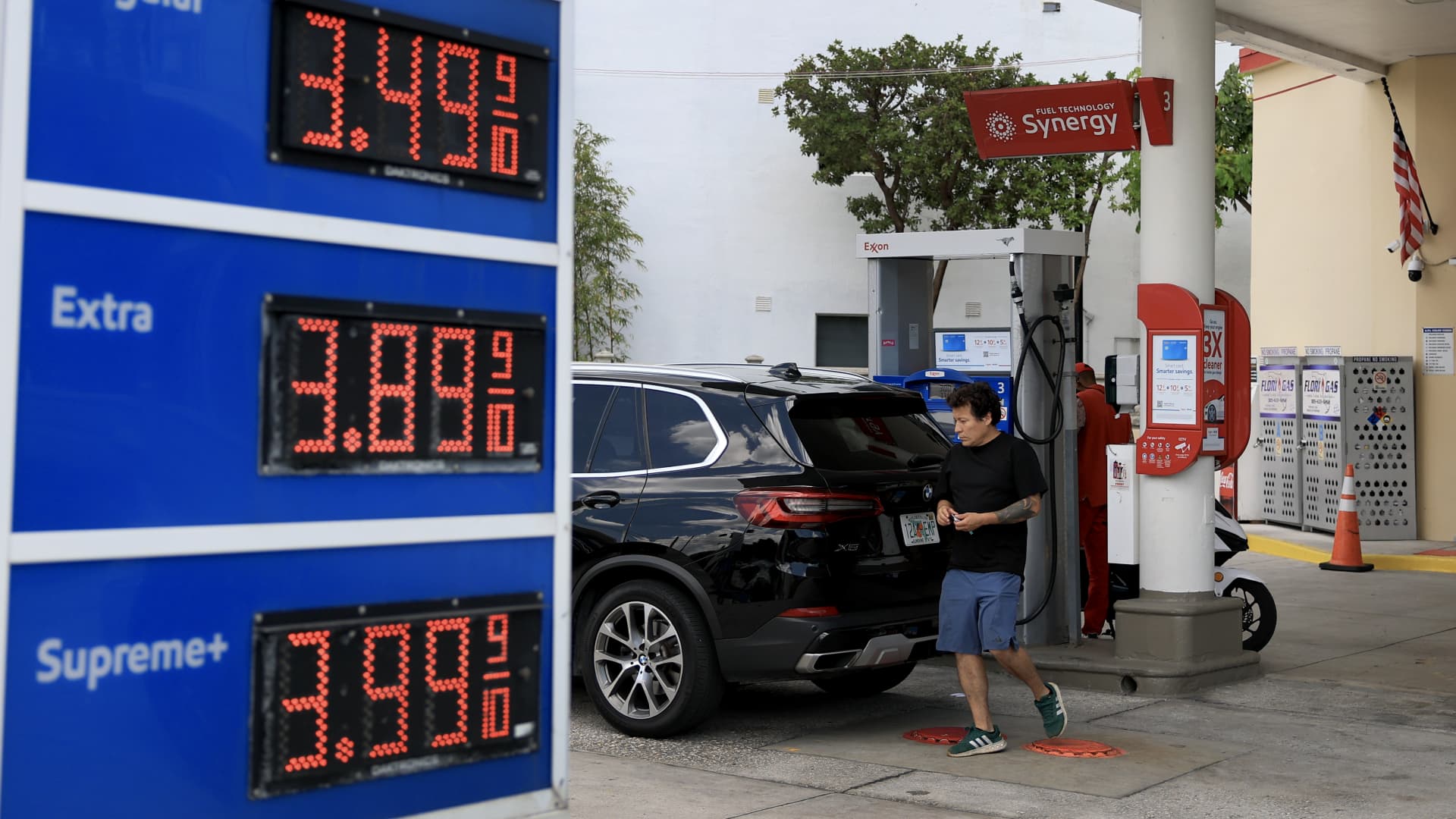




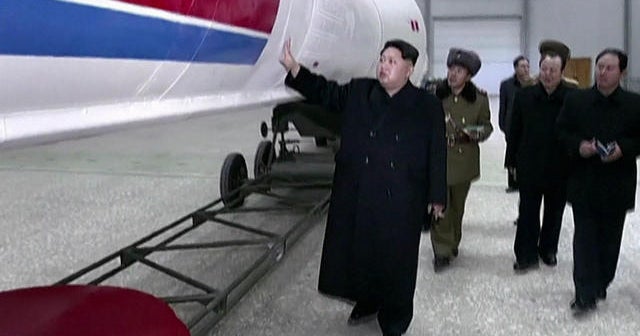




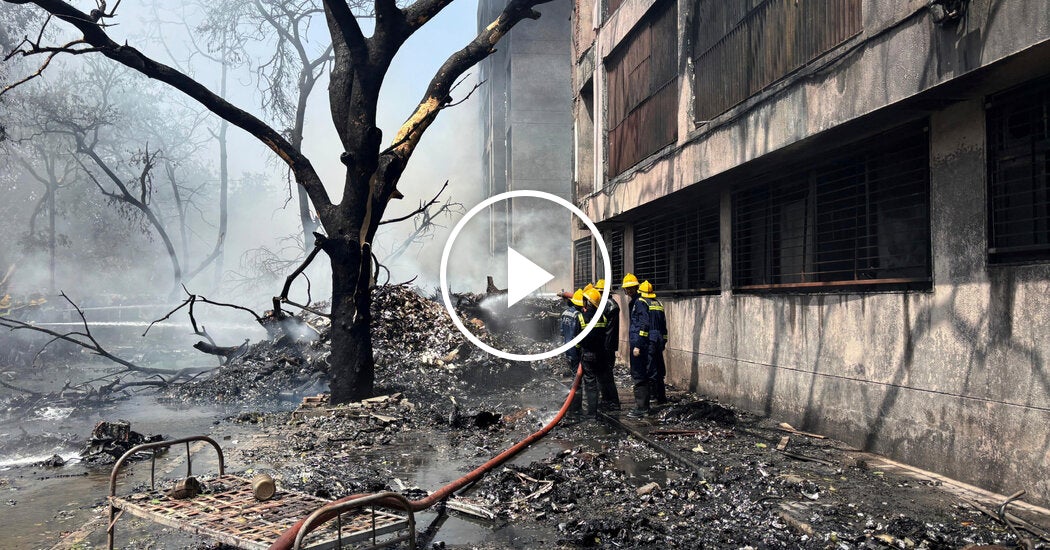

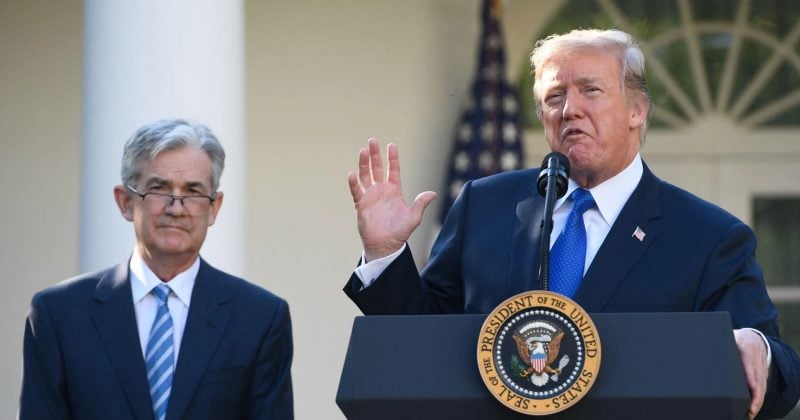
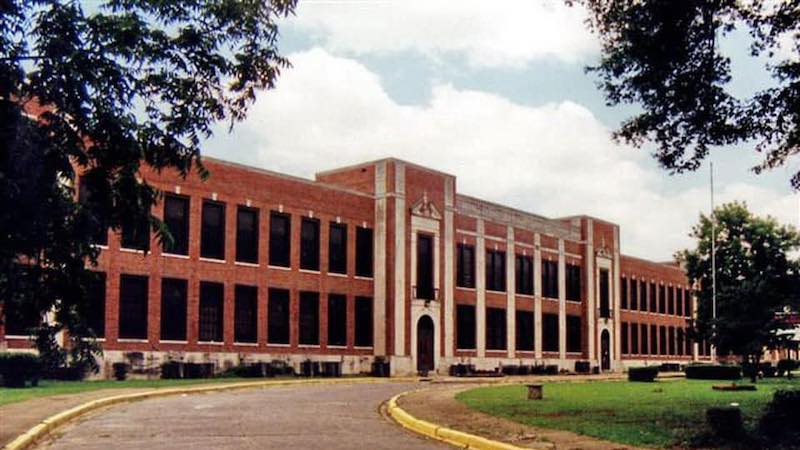
Leave a Reply